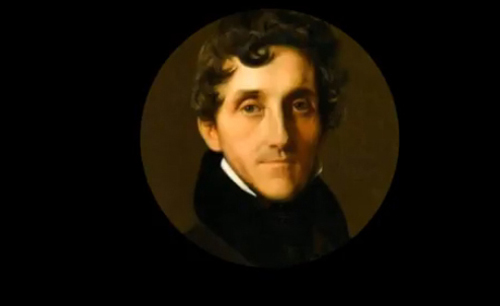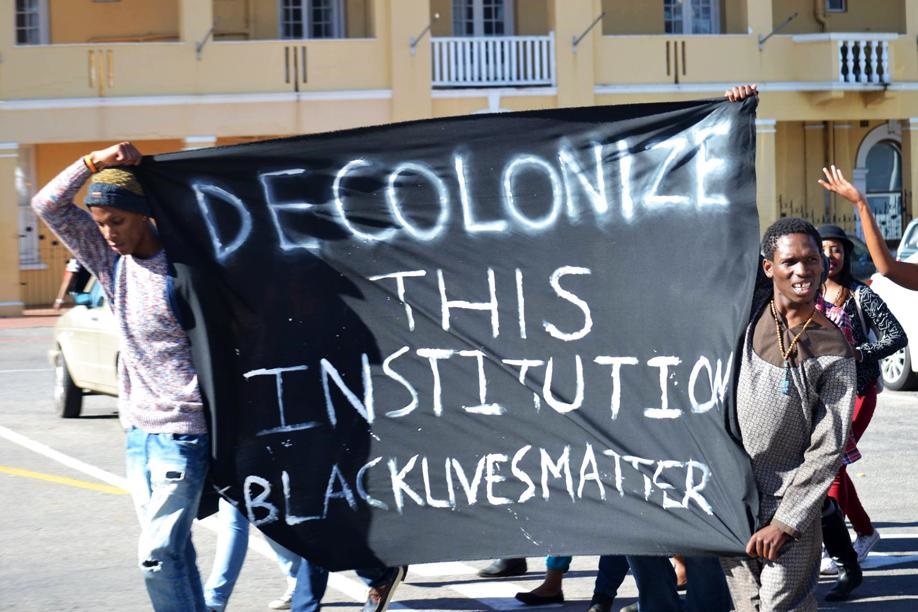Sleepwalking into a Non-White Future
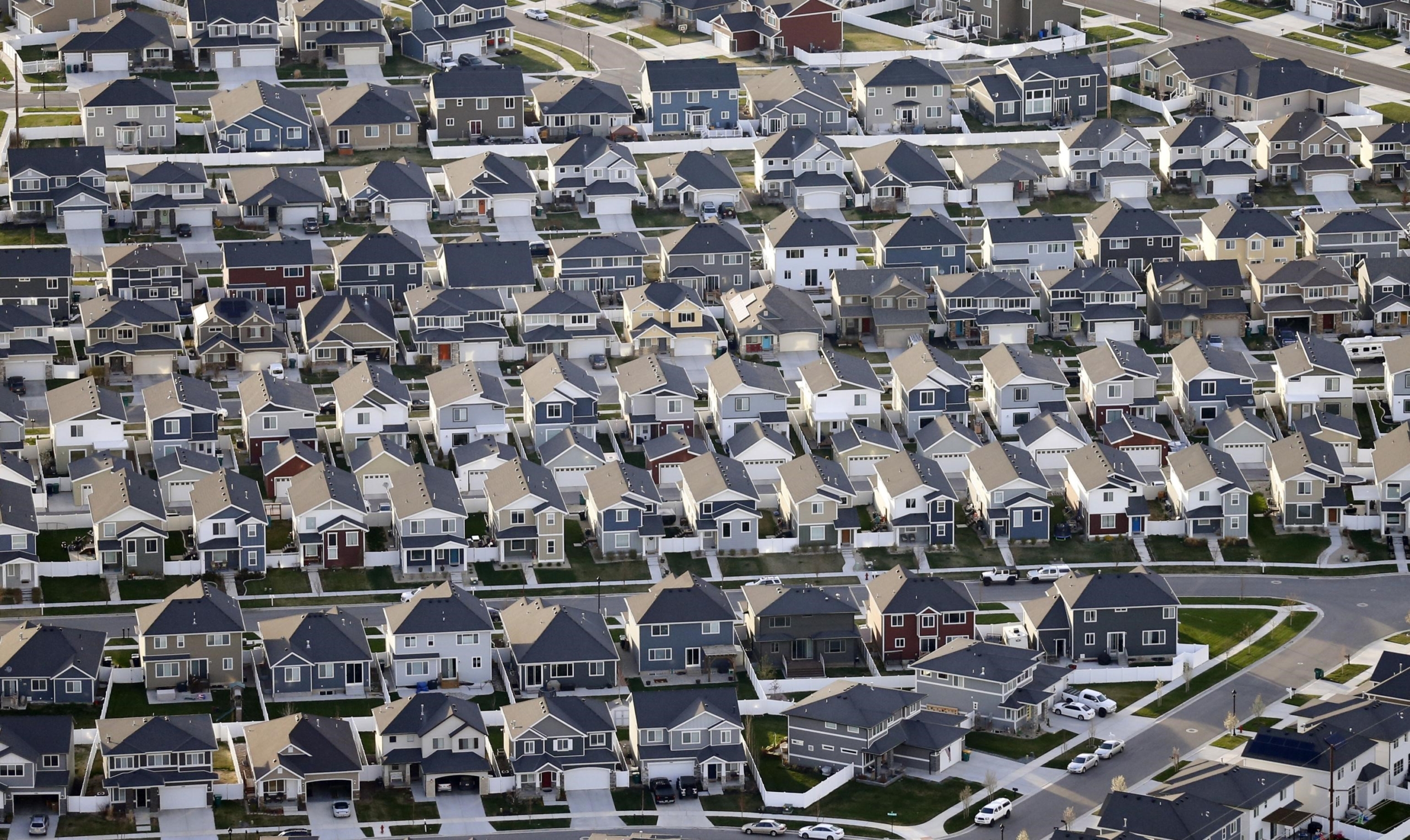
“About six-in-ten White adults of all ages say the declining share of White people in the population is neither good nor bad for society.”
Pew Research Center, August 23 2021
I was fascinated and frustrated by a recent series of polls conducted by the Pew Research Center on attitudes toward America’s declining White population. While there are several interesting layers to Pew’s findings, the key message is that a significant majority of White respondents indicated that they feel the declining share of White people in the population is neither good nor bad for society. In other words, they feel that nothing will fundamentally change for them or their children despite their slide into minority status. Pew point out that “the 2020 census showed the U.S. had a shrinking non-Hispanic White population … down 3% – or about 5.1 million people – from 2010 to 2020. The decline was widespread geographically, with 35 states seeing drops in their non-Hispanic White populations.” Pew contextualize this both in terms of immigration and natural increase among non-White populations, but also in terms of a rise in interracial marriages and the growing number of multiracial or multiethnic babies. While Whites retain the largest share of the American population among single-ethnic groups, Pew are clear that they are on an inexorable downward trajectory. The “non-Hispanic White population in the U.S. that identifies with a single race” is expected to fall below 50% by 2045.
H.L. Mencken once described faith as “an illogical belief in the occurrence of the improbable.” Intended primarily as a barb against the religious, I couldn’t help but find it appropriate to the 61% of White adults who told Pew that the momentous changes outlined above will have absolutely no effect on American society and culture. This is to say nothing of the 15% of respondents who told Pew that such a transformation is “good for society” or “very good.” I wouldn’t be at all surprised if this last figure was dominated by Jews in Whiteface (see Kevin MacDonald’s comments on Jennifer Rubin’s unmitigated joy at White decline), but the general picture of this survey is undeniably of a White population sleepwalking into a future that has every indication of being very bad indeed.
Who are the sleepwalkers? Pew stress that “differences by age are especially pronounced.” Among respondents aged between 18 and 29, 29% say White demographic decline is good for society, compared with 13% who say it is bad. By contrast, “32% of Americans ages 65 and older say this demographic shift is bad for society and only 6% say it is good.” While there are some predictable differences between Republican and Democratic voters on whether the transformation of America will be good or bad, almost identical percentages of respondents from each party commented that it would bring about no meaningful social change and was neither good nor bad (61% of Republicans vs. 62% Democrats). Education does not appear to have had a dramatic effect on responses. Among those with postgraduate degrees, 14% replied that White demographic decline would be “somewhat bad” or “very bad,” while 18% responded that it would be “somewhat good” or “very good.” The largest percentage, in keeping with responses broken down by age and politics, was the 69% of postgrad degree holders who asserted that the transformation of America would be neither good nor bad.
“Neither Good nor Bad”
At the risk of over-analyzing a seemingly straightforward statement, I think it’s worth reflecting on the mental processes and cultural messaging that might produce the sleepwalking response highlighted by Pew. The results themselves, one might argue, could be interpreted in a “glass half full/glass half empty” kind of way, and there’s an element of truth to this argument. After all, more than 80% of White respondents to Pew refused to describe White demographic decline in America as a good thing. In the context of the demonization of White history and culture on a mass scale, and the intensification of social pressure against any form of White self-assertion, such a result could be seen as a Pyrrhic victory. Kevin MacDonald, along with several other writers at this site, have shown that there is systemic incentivization for accelerating the decline of White influence and demography, from diversity promotion in industry and business to discrimination against Whites in education and employment. The overwhelming message of modern multicultural society is that White majorities anywhere, and in any walk of life, are inherently bad, and that the easiest and most conclusive method of achieving a better, more vibrant, and more just society involves reducing White representation and flooding every historically White nation or institution with an ethnic panoply. Despite my own deeply pessimistic nature, I must confess to a level of astonishment that in the midst of such a hostile cultural context only 1 in 5 agreed that White demographic decline would be good.
But how to explain the hesitancy to describe it as bad? Isn’t it one of the most human instincts to regret loss of any kind? Each and every day, human beings regret the loss of loved ones, of wealth, of status, of youthful looks, of health, and of cherished possessions. White demographic decline, despite all propaganda, is clearly a harbinger of loss, indeed, massive loss. In simple terms, it marks a break in a chain of successive possession. You inherit land or possessions from an ancestor, and you pass it to a descendent, becoming in the course of that process an ancestor yourself. The United States of America has been a White project of successive possession since the days of the earliest colonies, and that project will come to an end on the day and hour that Whites cease to be capable of determining the direction of the nation. I say “capable of determining” rather than simply “determining” because there are clearly already hostile influential elites directing the course of contemporary America in ways antithetical to White interests. But a White majority at least entails the promise of hope that this situation can be rectified. The loss of the White majority is a loss of hope in recapturing the machinery and assets of the original project. After that Rubicon has been crossed, the only option will be to commence a new project that must have, at its heart, the recapturing of majority status.
Losing demographic control of White nations will resemble losing control of a car, since the consequences of being displaced on one’s own territory have been shown in the vast course of human history to be catastrophic, invariably being accompanied by a rise in violence, political subjugation, social ostracism, and dehumanization. Everything our “woke” critics wish to say about historical White imperialism or dominance are simply truisms of the human animal wherever it is found. What they now decry, they will soon prescribe. The dominant will dominate, and being a minority, especially when you are not historically adapted and tactically equipped for that position (unlike the Jews who are extremely well adapted to it), is a position of vulnerability to be avoided at all costs. Those who point to the protected status of minorities across contemporary Western nations forget that this is a side-effect of a particularly nasty White political hallucination that will evaporate as soon as Whites fall into minority status themselves. Whites who believe they will be granted, in an inter-ethnic quid pro quo, legal privileges, preferential paths to employment, and outsized representation in everything from TV ads to government have clearly not been reading between the lines of the hostile mass propaganda. They are living in a fool’s paradise. Where sleepwalking Whites expect reciprocity, they will find only revenge.
In less materialistic terms, White demographic decline is also a harbinger of profound cultural loss. The signs are already here. When was the last time you saw a media depiction of a normal, ethnically homogenous White community or even just a normal White family? White demographic decline means Whites will see less of themselves, or nothing at all, in the products of the culture they inhabit. The surrounding culture will, at best, become unrelatable and meaningless, and, at worst, incredibly hostile or dangerous. If culture is the method by which a people speaks to itself about itself and its aspirations, then Whites can expect to become culturally muted, hearing only the browbeating messages of foreigners and losing all natural sense of direction as a consequence. White culture will either be forced to develop on the small-scale, in isolated pockets of ethnic homogeneity, or it will atrophy and stagnate. Faced with the demonization of historical White culture, in which it is regarded and presented as having the potential to inspire future White “wrongs,” White culture will also be subject to ever more aggressive erasure by the new dominant powers.
Liars, Cowards, and Gamblers
Faced with such potential losses, how and why have so many sleepwalkers conjured up a neutral, non-committal response? The first possibility, of course, is that deep down they hold more pessimistic views but are afraid to express them. All commentary on White Flight suggests that Whites abandon any area as soon as they become a minority, or even shrinking majority, in it. So how can people have neutral feelings for a process of decline on a national scale when they can’t even stomach it on Main Street? Is it possible that the results from Pew merely reflect apprehension and anxiety on the part of Whites to express their true feelings on diversity? While interesting, I don’t derive any comfort from this possibility. If there is so strong a sense of social fear that even an anonymous poll prompts evasion and disavowals of one’s own interests then the level of cowardice would be such that all is lost anyway.
I believe, however, that the poll results are at least in some way accurate in reflecting the true, though confused, feelings of the White population. The overwhelming majority of answers are reflective of inertia — of an inability to decide. I believe that the majority of these answers arise from a place in the White mind that is only too aware that diversity isn’t good, but also from a place that simply hasn’t been culturally equipped to see a little further down the road. I believe most Whites have an instinctual apprehension that White decline will be bad for society, but that they are so bombarded with contrary messaging that they struggle to conceptualize in what ways that society will be bad. And, unlike White flight, if the entire nation tips non-White, where is there to go? White Flight will itself become redundant. Whites will be locked in with diversity. Is the only option then, from a psychological standpoint, to simply engage in denial and hope for the best? The Pew results suggest so.
Contemporary mass culture is also a psychological trap in the sense that the White multiculturalist becomes little more than a gambler. The man in a casino mindlessly inserting cash into a fruit machine does so in an entirely artificial environment. He feels comfortable even as he loses money. He loses sense of time, and he continues to insert cash and pull the lever because lights flash, wheels spin, and there is an occasional but dramatic clang of coins into a shiny steel pocket. These are his meagre rewards. He feels good when they happen, but eventually the rewards stop and he has nothing left to give. The thought that the system was against him all along, and that his losses were preordained and predictable may not even occur to him as he walks away semi-dazed and uncomfortable with himself. The White multiculturalist is aware, consciously or not, that if he makes certain affirming noises about diversity, then he will receive the social equivalent of the flashing lights, spinning wheels, and clanging coins. He’ll attract many “likes,” for example, or if he really hits the jackpot he might get a grant or a promotion. He continues to insert the required price of the machine—support for diversity, but he’s ignorant, like the gambler, of the fact his environment is false and the system is designed for his bankruptcy. White demographic decline is the slowly emptying pocket of the gambler. Like all gamblers, the closer they get to the empty pocket, the more reckless and dramatic become the delusions of sudden winnings. For this reason, I expect that as White America’s decline accelerates, we can expect a superficially contradictory state of affairs in which swathes of Whites really do convince themselves that it’s for the best, and that society will be about to turn some magical Utopian corner. The gambler resists the thought that he was utterly stupid to ever have played the game. The multiculturalist will deny the suggestion that he contributes to his own downfall.
Fundamentally, this is what bothers me most about the Pew findings, and why I refuse the “glass half full” interpretation of them. Anyone suggesting that the dramatic changes in demography, power, and influence currently underway will be “neither good nor bad,” is living in an artificial environment in the national casino. Anyone who cannot see the stark and imminent losses on the horizon is living in an eternal present, divorced from the past and unable to conceptualize the future. They have no idea that the hour is getting late.
“A Kind of Triumph”
Inertia among normal Whites is in stark contrast to the palpable increase in joy and excited anticipation of opposing factions (see Kevin MacDonald’s latest piece examining the worst that Twitter has to offer). For the latter, there is no question of White decline being “neither bad nor good.” White demographic decline is instead a massive victory. It’s something so worthy of celebration, in fact, that they are counting down to it. Brookings Institute demographer William H. Frey, of unknown ethnic provenance, has opined in his 2018 Diversity Explosion: How New Racial Demographics are Remaking America that “these changes are a good-news story for America.”[1] I find it endlessly fascinating that this prophet of good news gave his first major speech on the issue to, of all possible places, the American Jewish Committee at Houston’s Beth Yeshurun synagogue.
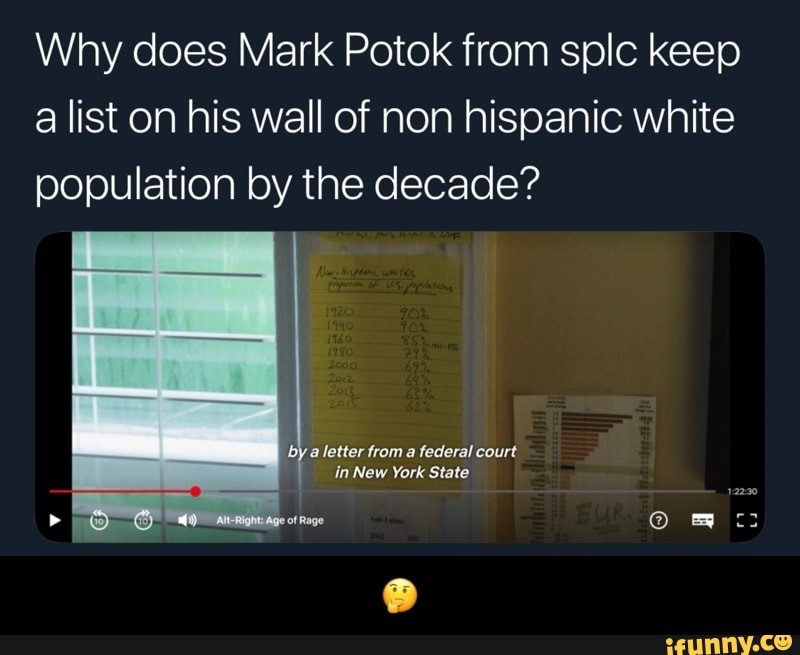
The remark that White America’s decline was a “good news story” reminded me of the British Jewish journalist Jonathan Freedland’s comments following the 2011 UK census. Freedland first pointed out that “the country is now less white and less Christian. In 2001, white people accounted for 91% of the total population. In the latest census, that figure is down five points to 86%.” For Freedland, 1948 was a pivotal year in British history because it “saw the arrival of the Windrush, the ship bearing the Caribbean migrants who would change the face of Britain.” He cajoled his readers into the belief that he is a jolly old Anglo-Saxon with clever references to “we” and “us,” arguing that “we should love the country we have become — informal, mixed, quirky — rather than the one we used to be.” Freedland then reported gleefully that “White Britons have become a minority in London, accounting for only 45% of the city’s population,” and ended his article with the astonishing remark that “the main story is surely that this country has undergone a radical transformation in this last decade and the ones before — and it has done so with relative peace and relative calm. No one will hand out any gold medals for that, but it’s a kind of triumph all the same.” Britain, like America, is undergoing its changes “with relative peace and relative calm” because it is also home to sleepwalkers, liars, cowards, and gamblers.
Conclusion
This is an unapologetically pessimistic essay, to the extent that its intention is not to demoralize but to assist with sharpening our vision of the problem at hand. This problem involves an artificial environment, a rigged system of temporary reward, and an ever-diminishing return for any Whites playing the dangerous game of diversity. In life you either gain or lose. There is no room for stasis. The idea that massive demographic change will be “neither good nor bad” is nothing more than an illogical belief in the occurrence of the improbable. The Pew findings indicate that any kind of White awakening to a full realization of the true nature of White decline will be a mammoth task.
[1] W. H. Frey, Diversity Explosion: How New Racial Demographics are Remaking America (Washington D.C.: Brookings Institute, 2018).

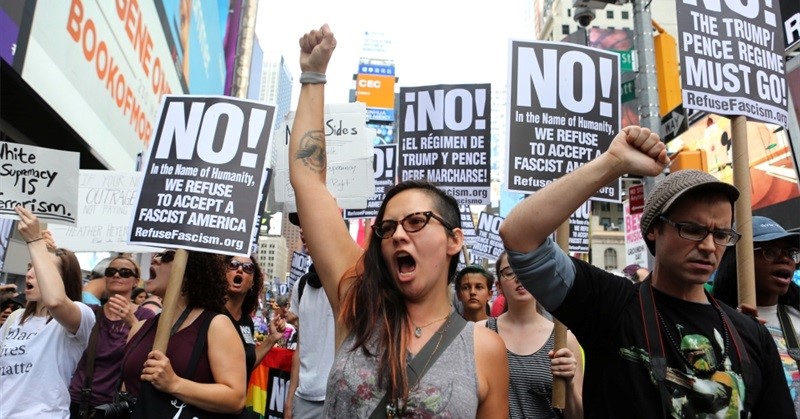
 The Woke ‘Hero’ of Wi Spa
The Woke ‘Hero’ of Wi Spa